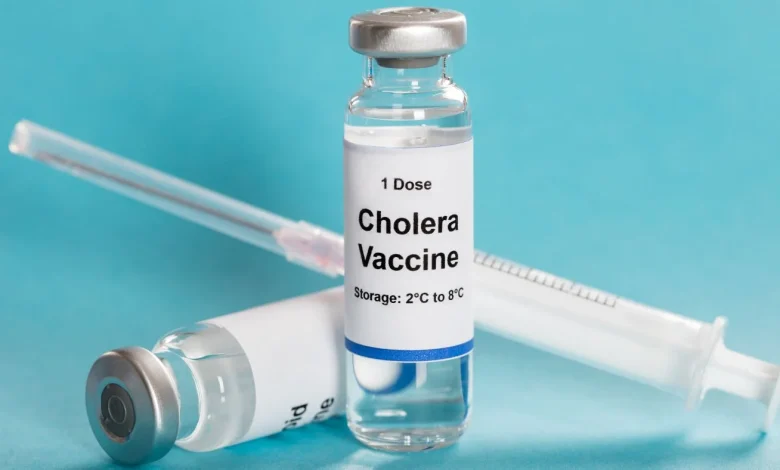
The European Union (EU) has stepped up to support Ghana’s battle against an ongoing cholera outbreak by providing GHC 1.6 million (€100,000) in humanitarian funding. This critical intervention is expected to help curb the spread of the disease, which has affected thousands of people across several regions in the country.
The cholera outbreak, which began in October 2024, has ravaged 36 districts in the Greater Accra, Central, Western, Eastern, and Ashanti Regions. Despite government efforts, including vaccination drives, the Ghana Health Service had recorded 4,850 suspected cases and 35 deaths by the end of December 2024.
EU Support and Objectives
In a statement, the EU detailed that the funds would be channeled through the Ghana Red Cross Society (GRCS). The support aims to:
Supply chlorine for disinfecting water sources.
Distribute handwashing devices to improve hygiene.
Conduct public health education campaigns to raise awareness about cholera prevention.
The relief efforts will prioritize high-risk areas, including informal settlements and displacement camps, where access to clean water and sanitation is limited. The EU estimates that this initiative will directly benefit 150,000 vulnerable individuals.
Tackling Root Causes
Experts have linked the outbreak to poor hygiene practices, inadequate sanitation infrastructure, and heavy rains that have worsened drainage issues in affected areas. The EU’s intervention seeks to address both the immediate health crisis and the underlying factors contributing to cholera outbreaks in Ghana.
Broader Humanitarian Efforts
The EU’s support is part of its wider partnership with the Disaster Response Emergency Fund (DREF) of the International Federation of Red Cross and Red Crescent Societies (IFRC). Through a €14.5 million agreement with the IFRC, the EU replenishes the DREF to address smaller-scale disasters that may not trigger global appeals.
Beyond this immediate assistance, the EU continues to demonstrate its commitment to improving healthcare resilience in Ghana. Under its Global Gateway flagship initiative, the EU has allocated €40 million to support Ghana’s vaccine manufacturing development.
A Global Leader in Humanitarian Aid
The European Union and its member states remain the world’s leading providers of humanitarian aid, extending life-saving support to millions of people affected by conflict and natural disasters. Through its Civil Protection and Humanitarian Aid Operations department, the EU is focused on delivering rapid, effective responses to emergencies worldwide.
This partnership underscores the importance of global solidarity in addressing health crises, as Ghana works to combat cholera and strengthen its public health systems.
Story by: Mercy Addai Turkson #ahotoronline.com



